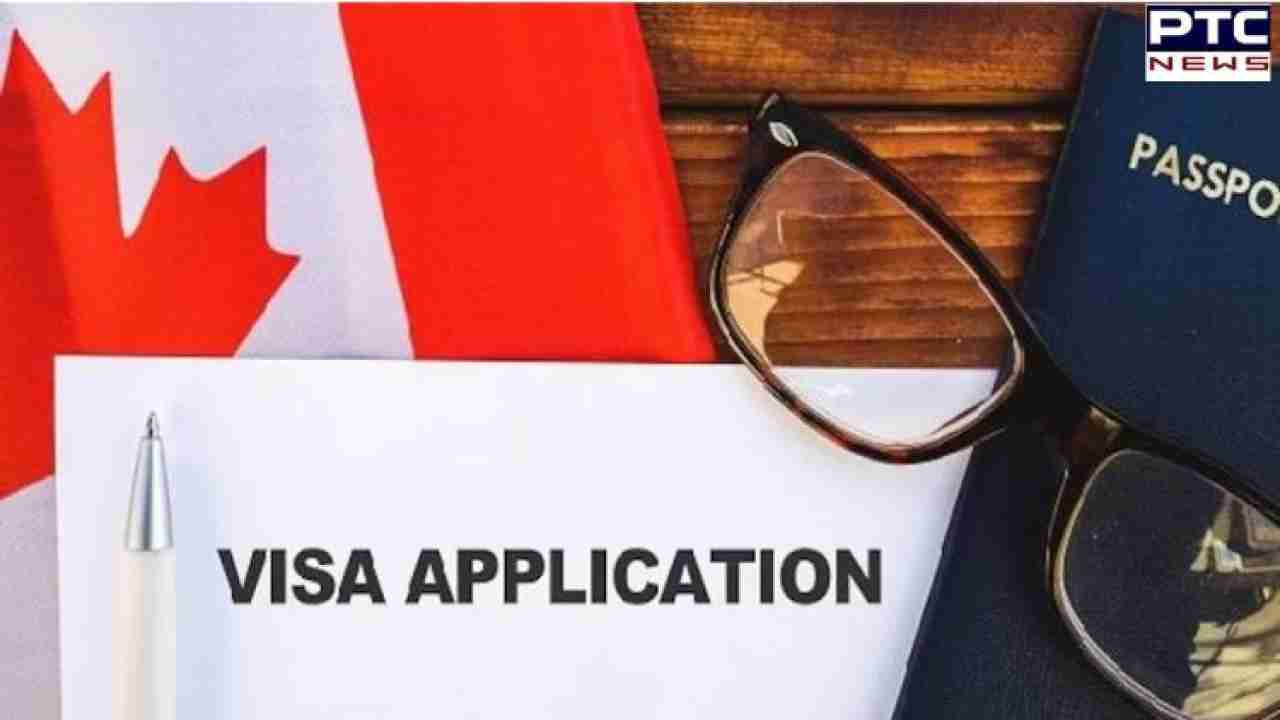New Canadian citizenship rule to benefit Indian diaspora | Check Details
Indians eligible for Canadian citizenship under the new legislation must forfeit their Indian citizenship, as dual citizenship isn't permitted
PTC Web Desk: Canada's Immigration Minister Marc Miller has introduced legislation to extend citizenship by descent beyond the first generation, a move applauded by immigrants worldwide, particularly the Indian diaspora.
In 2009, amendments to the Citizenship Act introduced a 'first-generation limit,' restricting citizenship by descent. Under this rule, Canadian citizens born abroad could only pass on citizenship if they were born in Canada or naturalised before their child's birth.
Consequently, Canadian citizens born abroad faced hurdles in passing on citizenship to their own children born outside Canada. Moreover, they couldn't seek citizenship for children adopted from outside the country.

The proposed amendment stems from a recent court ruling that deemed the first-generation limit unconstitutional. Canada opted not to contest this decision, signaling a shift in immigration policy.
Pavan Dhillon, an immigration attorney, elucidates the impact of the first-generation limit. For instance, Mrs. A, born in India and later a Canadian citizen, could transmit citizenship to her child 'B,' born outside Canada. However, 'B,' despite being a Canadian citizen, couldn't confer citizenship to 'C' if 'C' was born outside Canada.
Under the proposed changes, children born abroad to Canadians since 2009 would automatically receive citizenship. A new substantial connection test will be established for those born outside Canada after the law's implementation.
Indians eligible for Canadian citizenship under the new legislation must forfeit their Indian citizenship, as dual citizenship isn't permitted. The proposed provisions stipulate that parents born abroad must have spent at least 1,095 cumulative days in Canada before their child's birth or adoption to transmit citizenship.
Ken Nickel-Lane, an immigration expert, said, "This announcement could significantly impact numerous individuals worldwide, particularly Indian nationals, who constitute a substantial portion of new Canadians."